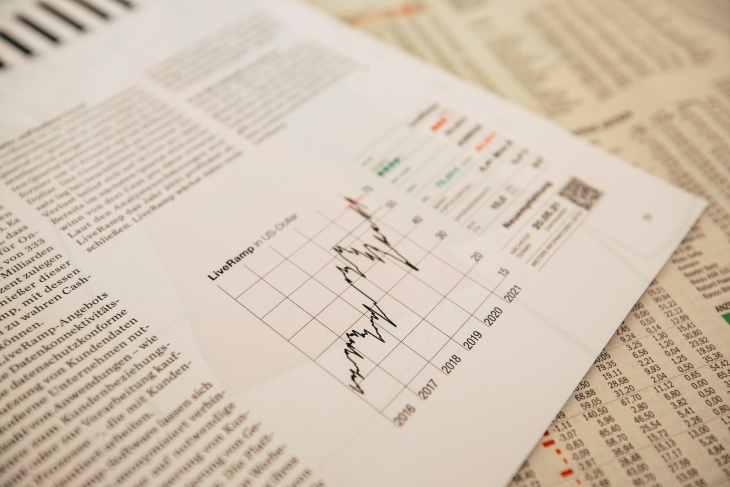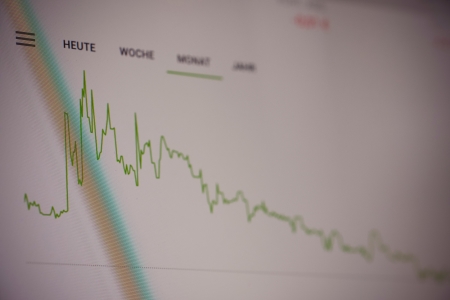Table of Contents
- Introduction
- Wine as an alternative investment
- Low correlation with traditional asset classes
- Hedge against inflation
- Wine as a tangible asset
- Increasing demand from emerging markets
- How to invest in wine
- Factors to consider before investing in wine
- Wine storage and maintenance
- Risks of investing in wine
- Conclusion
- FAQs
1. Introduction
Investing in wine may seem like a strange concept to some, but for those who understand the market, it can be a wise financial decision. Wine is not only a drink, but it is also a tangible asset that can appreciate in value over time. The wine market is a niche market, and like any other market, it has its unique characteristics. In this article, we will explore the reasons why people are investing in wine and the factors one should consider before investing.
2. Wine as an alternative investment
Wine is considered an alternative investment because it is not a traditional asset class such as stocks, bonds, or real estate. It is a niche market that operates differently from the mainstream financial markets. It has its own set of rules and regulations, and the supply and demand factors affecting the wine market are different from those affecting the stock market.
3. Low correlation with traditional asset classes
One of the main reasons people are investing in wine is that it has a low correlation with traditional asset classes such as stocks and bonds. This means that wine prices are not affected by the same economic factors that affect the prices of stocks and bonds. Therefore, investing in wine can help diversify one's investment portfolio and reduce the risk of losses due to market volatility.
4. Hedge against inflation
Investing in wine can also serve as a hedge against inflation. Wine is a tangible asset that appreciates in value over time, and its value is not as directly affected by inflation. Therefore, investing in wine can help preserve the value of one's assets during inflationary periods.
5. Wine as a tangible asset
Wine is a tangible asset that can be touched and seen, unlike stocks and bonds. This means that investing in wine gives investors the satisfaction of owning something physical that they can enjoy while also having the potential to appreciate in value.
6. Increasing demand from emerging markets
The demand for wine is not only increasing in the traditional markets such as Europe and the United States but also in emerging markets such as China, India, and Brazil. As the demand for wine grows in these markets, the prices of wine are expected to increase, making it an attractive investment option.
7. How to invest in wine
There are several ways to invest in wine, such as buying bottles of wine, investing in wine funds, or investing in wine futures. Investing in wine requires a considerable amount of research and knowledge of the market. It is important to work with a reputable wine merchant or investment advisor who can guide you through the process. Alternatively, more and more investors are turning to sites like vint.co to invest.
8. Factors to consider before investing in wine
Before investing in wine, there are several factors one should consider, such as the type of wine, the vintage, the producer, the region, and the condition of the wine. It is important to do thorough research and only invest in wine that has a proven track record of appreciating in value.
9. Wine storage and maintenance
Wine is a delicate product that requires proper storage
10. Risks of investing in wine
Investing in wine is not without risks. Like any investment, there are risks involved, such as the risk of counterfeiting, the risk of storage and transportation, and the risk of market volatility. It is important to do thorough research and work with a reputable wine merchant or investment advisor who can help mitigate these risks.
11. Conclusion
Wine investment is a niche market, but it is gaining popularity among investors due to its low correlation with traditional asset classes, its potential to hedge against inflation, and its status as a tangible asset. However, investing in wine requires extensive research and knowledge of the market, and it is important to work with a reputable wine merchant or investment advisor.
12. FAQs
Q: Is investing in wine only for the wealthy? A: No, investing in wine can be done by anyone with the necessary knowledge and resources.
Q: Can I invest in wine without drinking it? A: Yes, you can invest in wine without drinking it.
Q: What is the minimum investment required to invest in wine? A: The minimum investment required to invest in wine varies depending on the investment method and the wine merchant or investment advisor you work with.
Q: Is wine investment regulated by any government agencies? A: Wine investment is not regulated by any government agencies.
Q: Can I sell my wine investment anytime I want? A: Yes, you can sell your wine investment anytime you want, but it is important to note that wine is not a liquid asset, and it may take some time to find a buyer.
Disclaimer: The information provided in this blog is for educational and informational purposes only and should not be construed as financial advice. Investing in any asset carries a risk of loss, and readers should do their own research and due diligence before making any investment decisions. The author and publisher of this blog are not responsible for any losses, damages, or other liabilities that may arise from your use of the information presented here.


